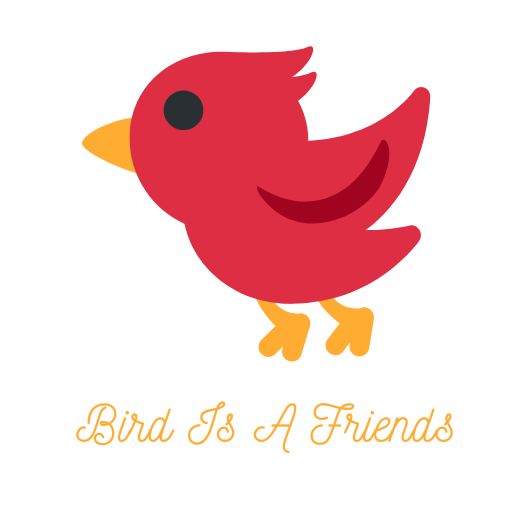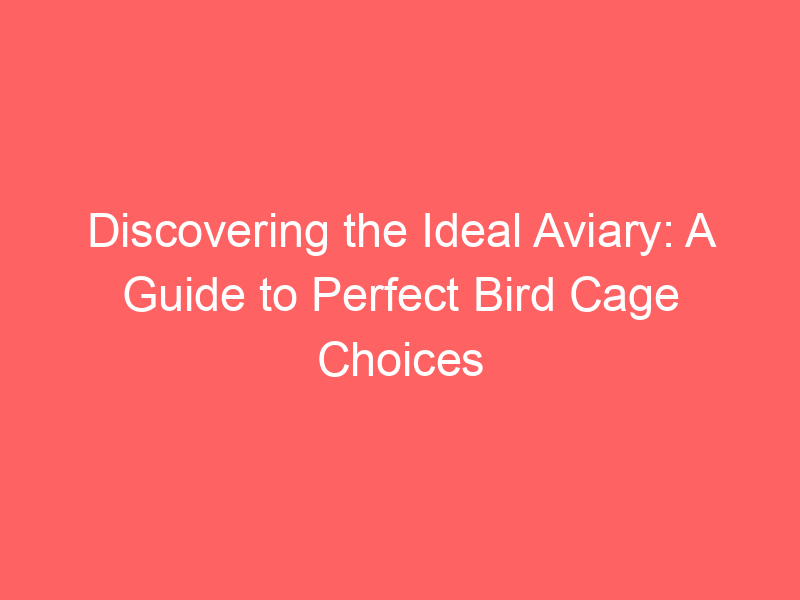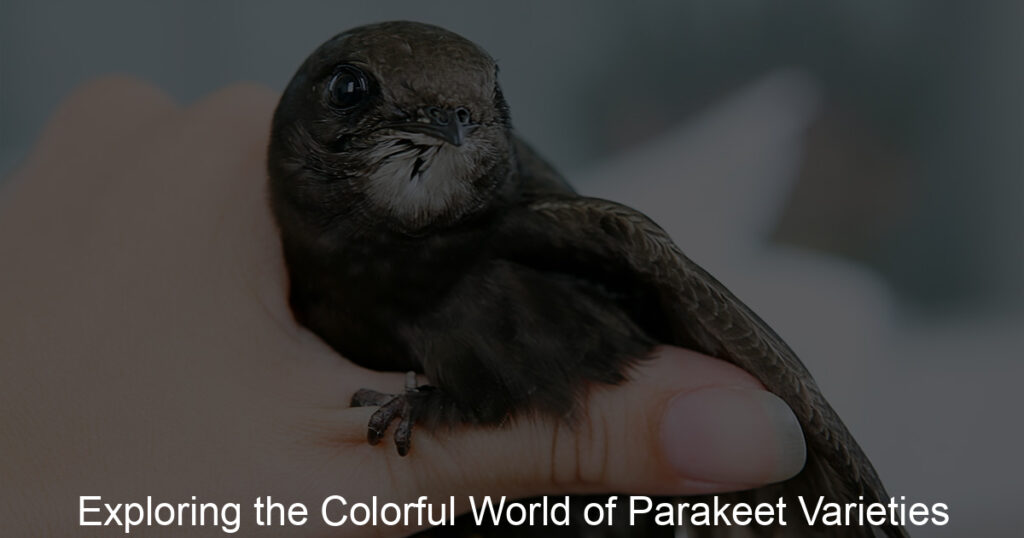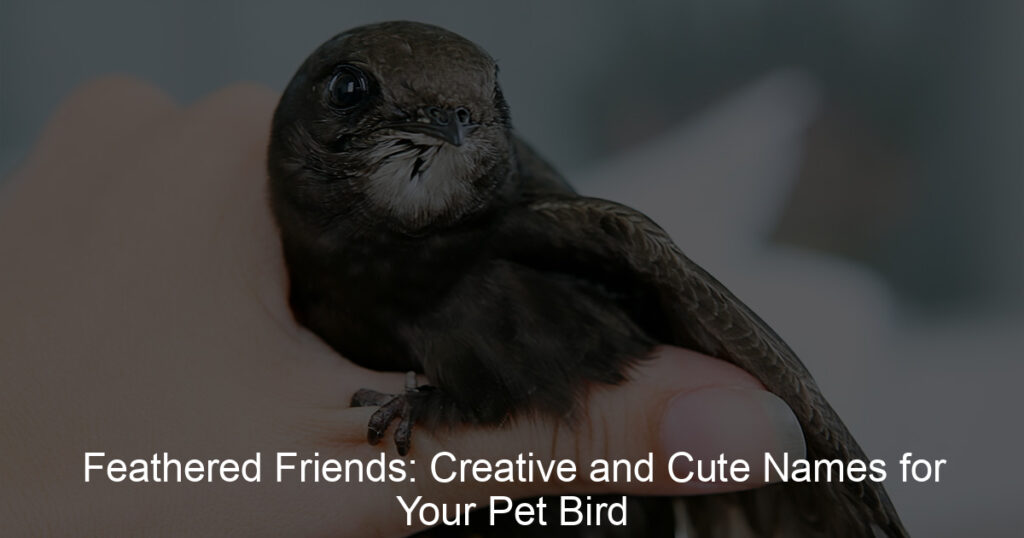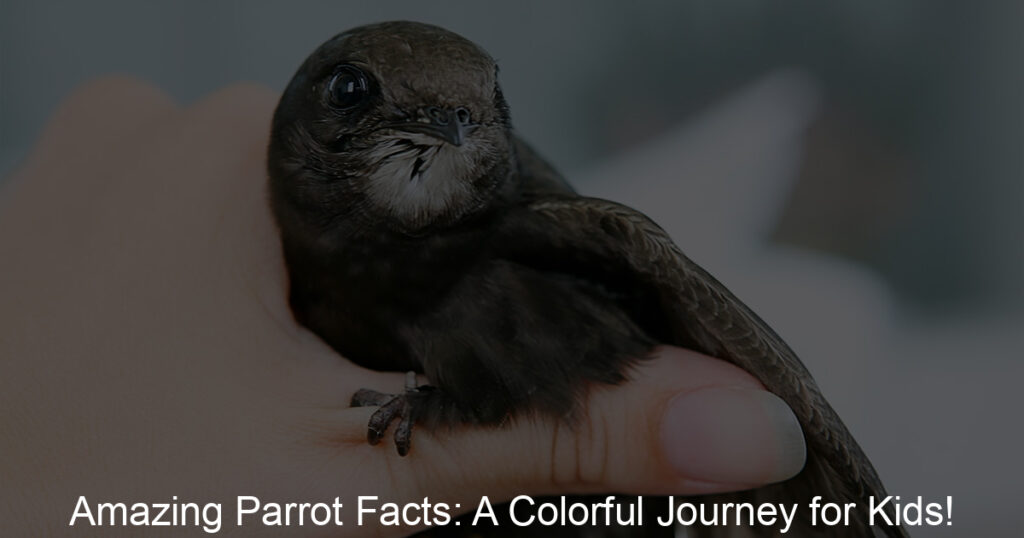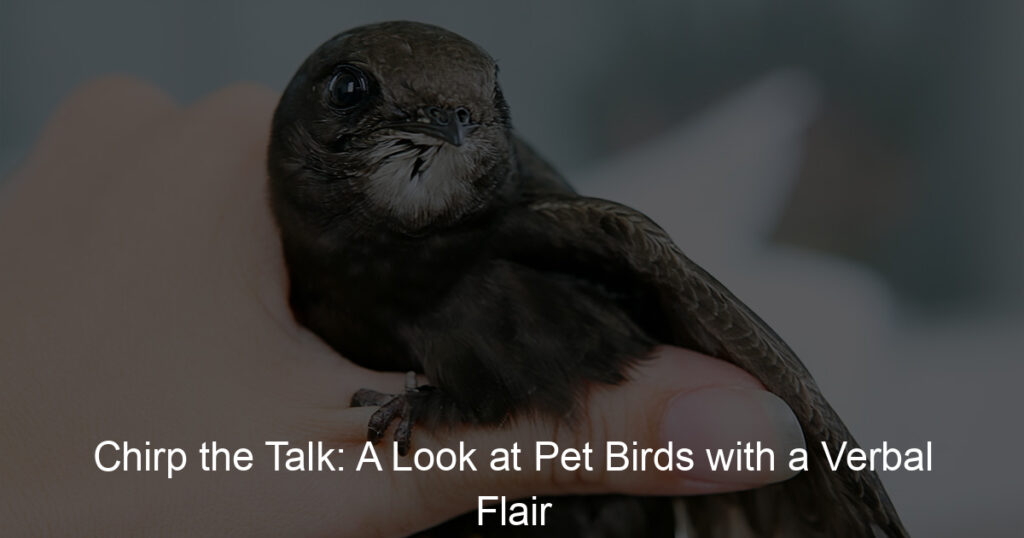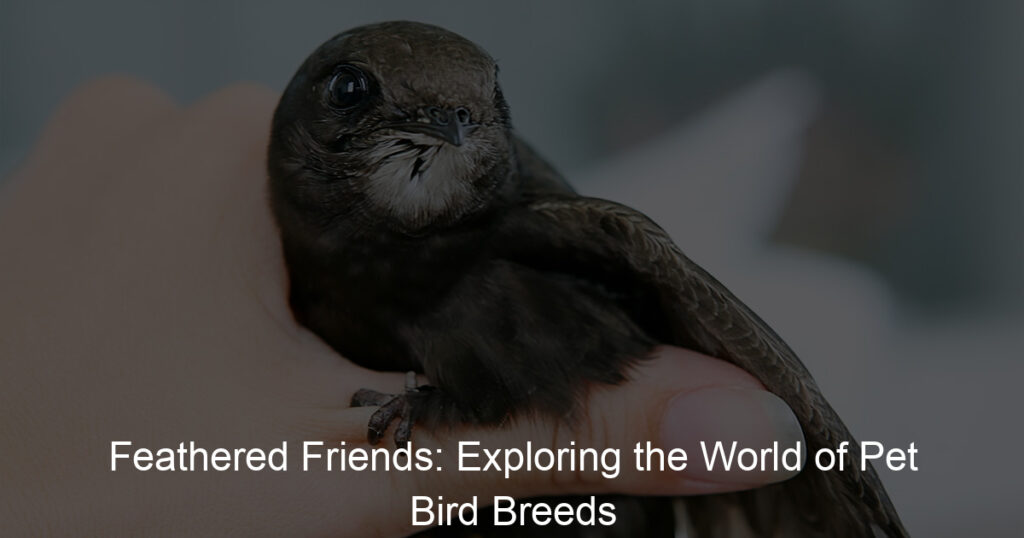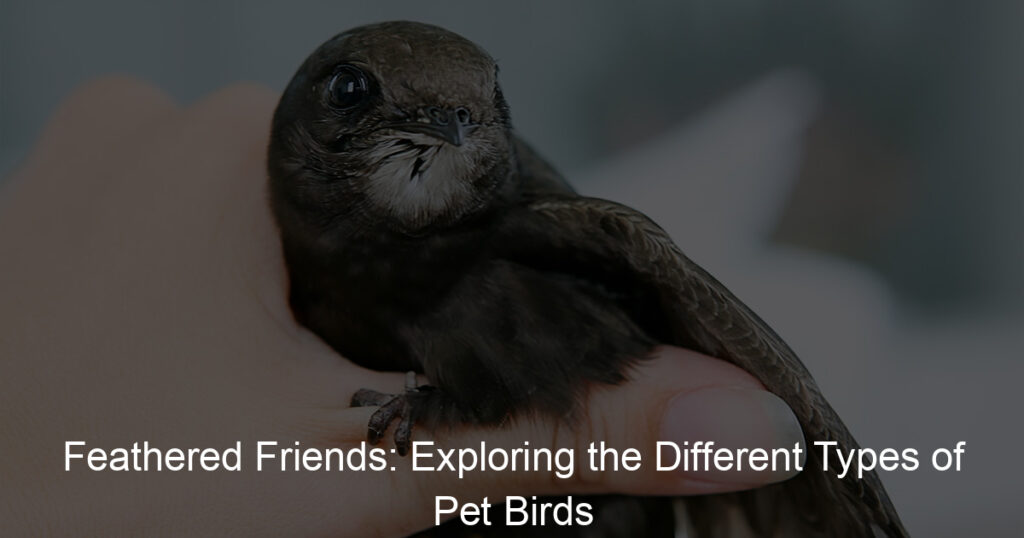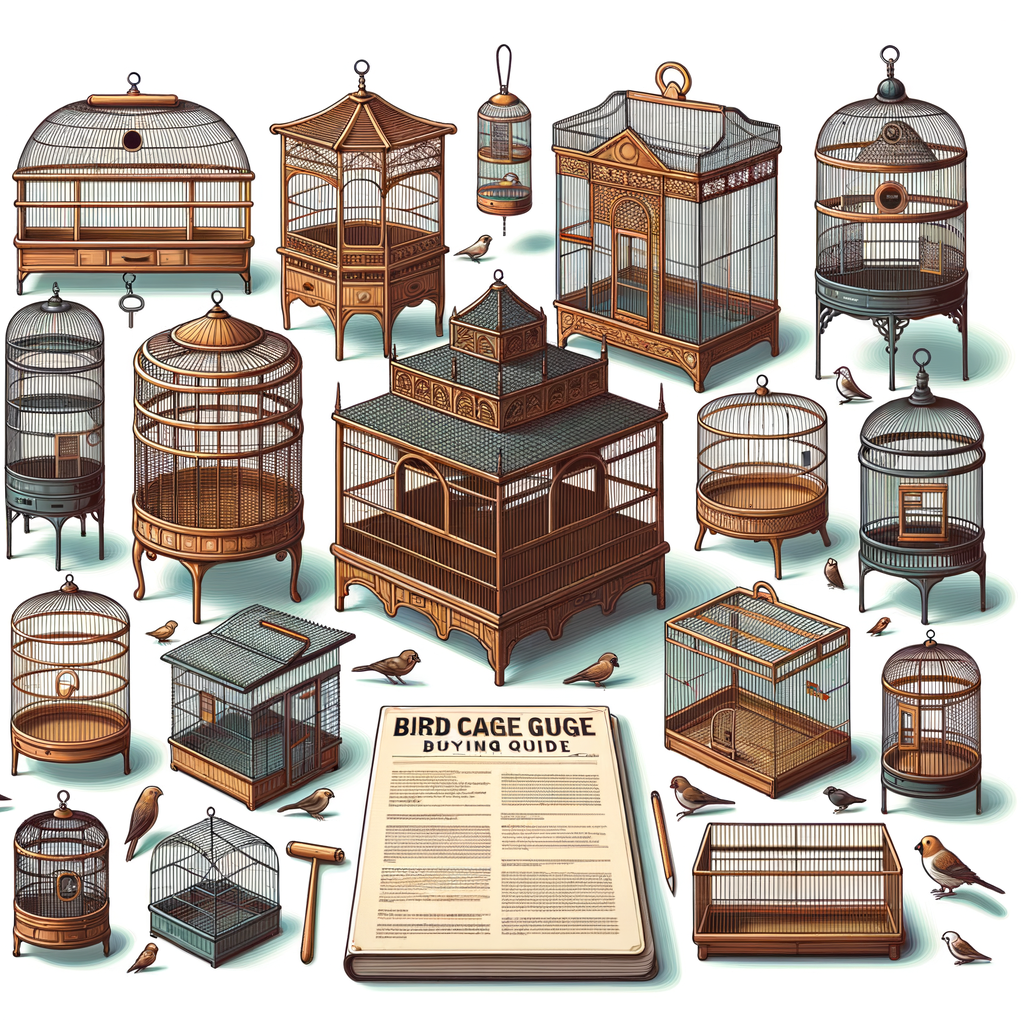
Introduction to Bird Cage Selection
Choosing the right bird cage is a crucial step in ensuring the health and happiness of your feathered friend. A well-chosen bird cage not only provides a safe and comfortable home for your bird, but also enhances their overall well-being. In this section, we will delve into the importance of selecting the right bird cage and the factors to consider in making this important decision.
- Understanding the Importance of Choosing the Right Bird Cage
Just like humans, birds need a space that they can call home. The right bird cage serves as a sanctuary where your bird can eat, sleep, play, and feel secure. A poorly chosen cage, on the other hand, can lead to various health issues such as stress, feather plucking, and even more serious conditions.
Moreover, the right bird cage can make your bird more active and sociable, enhancing their overall quality of life. It’s not just about aesthetics or convenience; it’s about providing a suitable environment that caters to your bird’s specific needs.
- Factors to Consider When Selecting a Bird Cage
There are several factors to consider when selecting a bird cage. First and foremost, the size of the cage is crucial. It should be spacious enough for your bird to move around comfortably. The cage should also be appropriate for your bird’s size and species. For instance, larger birds require larger cages with more space to fly and move around.
Another important factor is the material of the cage. It should be sturdy and safe for your bird. Avoid cages with sharp edges or small parts that can be a choking hazard. The design of the cage also matters. It should have a secure door and easy access for cleaning and feeding.
Lastly, consider the location of the cage in your home. It should be placed in a quiet, well-lit area away from direct sunlight and drafts. Remember, your bird’s comfort should always be a priority.
In the following sections, we will guide you through the process of finding the perfect bird home, where to look for bird cages, and how to create a comfortable environment for your bird.
Finding the Perfect Bird Home
Finding the perfect home for your feathered friend is not as simple as it seems. It requires careful consideration of various factors to ensure your bird’s comfort and safety. Let’s explore some bird home options to help you make an informed decision.
Bird Home Options
When it comes to bird homes, there are several options available. Here are some key factors to consider:
- Types of bird cages
- Size and design considerations
- Material options for bird cages
There are various types of bird cages available in the market. The most common ones include flight cages, playtop cages, dometop cages, and breeding cages. Each type has its unique features and is suitable for different bird species and their specific needs.
The size and design of the bird cage are crucial factors to consider. The cage should be spacious enough for your bird to move around comfortably. The design should also allow for easy cleaning and maintenance. Remember, a happy bird is a healthy bird!
Bird cages are made from various materials such as wood, metal, and plastic. Each material has its pros and cons. For instance, metal cages are durable but can be heavy, while plastic cages are lightweight but may not last as long. It’s important to choose a material that is safe and comfortable for your bird.
In conclusion, finding the perfect bird home requires careful consideration of the type, size, design, and material of the bird cage. By keeping these factors in mind, you can ensure your bird’s comfort and happiness.
Bird Cage Types and Their Features
When selecting a bird home, it’s important to understand the different types of bird cages available and their unique features. Here are four common types of bird cages:
- Flight cages: These are spacious cages designed to give birds ample room to fly around. They are typically rectangular and longer than they are wide. Flight cages are perfect for small birds like finches and canaries that need plenty of exercise.
- Playtop cages: Playtop cages come with an extra play area on top of the cage. This feature provides a space for your bird to play and exercise outside the cage. It usually includes perches, ladders, and sometimes even toys. This type of cage is great for active birds like parakeets and cockatiels.
- Dometop cages: Dometop cages have a dome-shaped top which provides extra vertical space for birds to climb and fly. This type of cage is suitable for birds that enjoy climbing like parrots and cockatoos.
- Breeding cages: Breeding cages are designed for birds that are expected to lay eggs. They often have a divider in the middle to separate the male and female until the right breeding time. These cages are ideal for breeders or those who want to expand their bird family.
Each type of bird cage has its own advantages and is designed to meet the specific needs of different bird species. It’s essential to choose a cage that best suits your bird’s size, behavior, and lifestyle to ensure they live a happy and healthy life.
Finding Bird Cages: Where to Look
When it comes to finding the perfect bird cage, there are several places you can look. Here are some of the most popular options:
- Online Retailers
Online retailers are a great place to start your search. They offer a wide variety of bird cages in different shapes, sizes, and materials. You can easily compare prices and read reviews from other customers. Plus, the convenience of shopping from home and having your bird cage delivered right to your doorstep is a big plus.
- Pet Stores
Local pet stores are another good option. They usually have a selection of bird cages on display, which allows you to see and touch the cages before you buy. This can be especially helpful if you’re unsure about the size or material of the cage. Plus, pet store staff can be a great source of advice and information.
- Specialty Bird Shops
If you’re looking for something specific or unique, a specialty bird shop might be your best bet. These stores focus solely on birds and bird-related products, so they often have a wider and more specialized selection of bird cages. The staff at these stores are usually very knowledgeable and can help you find the perfect cage for your feathered friend.
In conclusion, whether you choose to shop online, at a pet store, or at a specialty bird shop, the most important thing is to find a bird cage that suits your bird’s needs and fits comfortably in your home. Happy shopping!
Bird Cage Buying Guide
When it comes to selecting the perfect bird cage, there are several key factors to consider. These factors will ensure that your feathered friend has a comfortable, safe, and stimulating environment. Let’s delve into these important considerations.
Key Factors to Consider
- Size of the Bird
- Number of Birds
- Bird Species
- Cage Location
The size of your bird is a crucial factor when choosing a bird cage. Larger birds, like parrots and cockatoos, require larger cages that provide ample space for them to move around and spread their wings. Smaller birds, such as canaries or finches, can live comfortably in smaller cages, but they still need enough room to fly and exercise.
The number of birds you plan to house in a single cage is another significant consideration. If you have more than one bird, you’ll need a larger cage to prevent overcrowding. Overcrowding can lead to stress and health problems for your birds. As a rule of thumb, there should be enough space for each bird to move freely and spread its wings without touching another bird or the sides of the cage.
Different bird species have different needs and preferences when it comes to their living environment. For instance, some birds are climbers and will appreciate a tall cage with plenty of vertical space. Others are active fliers and will need a cage that is wide enough for them to fly across. Research your bird’s species to understand their specific needs.
The location where you plan to place the cage in your home is a factor that is often overlooked. The cage should be placed in a location that is safe, quiet, and free from drafts, extreme temperatures, and direct sunlight. It should also be in a location where the bird can interact with the family, as many bird species are social and enjoy being part of the family’s activities.
In conclusion, choosing the right bird cage involves considering the size and number of your birds, their species, and where you plan to place the cage in your home. By taking these factors into account, you can ensure that your bird has a comfortable and stimulating environment in which to thrive.
Best Bird Cages: Top Picks and Reviews
Choosing the best bird cage is crucial for your bird’s happiness and health. Let’s take a look at some of the top-rated bird cages and their pros and cons.
- Review of top-rated bird cages
- Pros and cons of each bird cage
Here are some of the best bird cages that have received high ratings from bird owners:
| Cage Name | Rating |
|---|---|
| Prevue Hendryx Pet Products Wrought Iron Flight Cage | 4.5/5 |
| Yaheetech Large Parrot Bird Cage | 4.3/5 |
| Vision Bird Cage Model M02 – Medium | 4.2/5 |
These cages have been praised for their durability, spaciousness, and ease of cleaning. However, each bird and bird owner has unique needs, so it’s important to consider the pros and cons of each cage.
Let’s delve into the advantages and disadvantages of each of these top-rated bird cages:
| Cage Name | Pros | Cons |
|---|---|---|
| Prevue Hendryx Pet Products Wrought Iron Flight Cage | Spacious, sturdy, easy to clean | Heavy, difficult to assemble |
| Yaheetech Large Parrot Bird Cage | Large, includes accessories, easy to move | Not suitable for small birds, bars may be too far apart |
| Vision Bird Cage Model M02 – Medium | Compact, good for small birds, easy to clean | Not suitable for large birds, plastic base may crack |
Remember, the best bird cage for your feathered friend will depend on their size, species, and personality. Always consider these factors when making your selection.
Bird Home Essentials
When it comes to creating a comfortable and stimulating environment for your pet bird, there are a few key essentials that you need to consider. These include the right accessories for your bird cage. Let’s explore these essentials in more detail.
Essential Accessories for Your Bird Cage
Just like us humans, birds need certain things to live a happy and healthy life. Here are the top three essentials you should have in your bird cage:
- Perches and swings: Birds need perches to rest and swings to play. Different types of perches and swings can help keep your bird’s feet healthy and provide them with a fun activity. For example, a wooden perch is good for their claws, while a rope perch can be a fun challenge for them to navigate.
- Food and water dishes: Birds need fresh food and water every day. It’s important to have dishes that are easy to clean and refill. Some bird owners prefer dishes that attach to the cage, while others prefer dishes that sit on the cage floor. It’s up to you to decide what works best for your bird.
- Toys and enrichment items: Birds are intelligent creatures that need mental stimulation. Toys and enrichment items can help keep your bird entertained and prevent boredom. These can include puzzle toys, mirrors, bells, and foraging toys.
Remember, every bird is unique and may have different preferences. It’s important to observe your bird and adjust their environment as needed. With the right essentials, your bird’s cage can become a happy and healthy home.
Summary Table: Bird Home Essentials
| Essential | Description |
|---|---|
| Perches and swings | Provide resting and play areas for birds. Different types can offer health benefits and fun challenges. |
| Food and water dishes | Needed for daily feeding. Should be easy to clean and refill. Can be attached to the cage or placed on the floor. |
| Toys and enrichment items | Provide mental stimulation. Can include puzzle toys, mirrors, bells, and foraging toys. |
Bird Habitat Selection: Creating a Comfortable Environment
When it comes to bird care, creating a suitable habitat is just as important as providing the right food and water. A comfortable environment can significantly impact a bird’s health, happiness, and longevity. In this section, we will delve into the importance of a suitable habitat and provide tips for creating a bird-friendly environment.
- Importance of a Suitable Habitat
A suitable habitat is crucial for a bird’s well-being. It offers a safe space where birds can eat, sleep, play, and engage in natural behaviors. The right environment can reduce stress, promote healthy behaviors, and increase a bird’s lifespan. For instance, a study showed that birds in well-designed habitats lived up to 15% longer than those in poorly designed ones.
A suitable habitat also helps birds stay physically active and mentally stimulated. Birds are intelligent creatures that need plenty of mental stimulation. A well-designed habitat can provide opportunities for foraging, climbing, and exploring, keeping birds mentally engaged and happy.
- Tips for Creating a Bird-Friendly Environment
Creating a bird-friendly environment involves more than just buying a cage. Here are some tips to help you create a comfortable and stimulating habitat for your feathered friend:
- Choose the Right Cage: The cage should be spacious enough for your bird to move around comfortably. It should also have horizontal bars for climbing and perching.
- Provide Toys and Enrichment: Birds need mental stimulation. Provide a variety of toys, such as bells, mirrors, and chew toys. You can also add natural branches for perching and climbing.
- Consider the Placement: Place the cage in a quiet, well-lit area away from drafts and direct sunlight. Birds need a calm environment, but they also enjoy being part of family activities.
- Maintain Cleanliness: Regularly clean the cage and replace the bedding to maintain hygiene and prevent diseases.
Remember, every bird is unique and has different needs. What works for one bird may not work for another. Therefore, it’s important to understand your bird’s specific needs and preferences when creating their habitat.
Conclusion: Your Bird’s Perfect Home
As we conclude our comprehensive guide on bird cage selection, let’s take a moment to revisit the key points we’ve covered. These insights will help you make an informed decision when choosing the perfect home for your feathered friend.
- Recap of Key Points:
- Final Thoughts on Bird Cage Selection:
Firstly, we discussed the importance of understanding your bird’s specific needs. The size, design, and material of the cage should be suitable for your bird’s species and size. We also highlighted the importance of location, ensuring the cage is placed in a safe, comfortable environment away from hazards and extreme temperatures.
Next, we delved into where to find bird cages, from pet stores to online platforms. We emphasized the importance of doing your research before making a purchase, considering factors such as the cage’s durability, ease of cleaning, and safety features.
Our buying guide provided detailed information on what to look for in a bird cage, including bar spacing, size, and cage accessories. We stressed the importance of providing an enriched environment with toys, perches, and feeding stations for your bird’s mental and physical well-being.
Choosing the right bird cage is a significant decision that directly impacts your bird’s quality of life. It’s more than just a cage; it’s your bird’s home, where they will eat, sleep, play, and spend most of their time. Therefore, it’s crucial to choose a cage that is safe, comfortable, and stimulating for your bird.
Remember, the best bird cage is one that caters to your bird’s needs, fits well in your home, and is easy for you to maintain. With the right information and careful consideration, you can provide your bird with a perfect home that they will love and thrive in.
